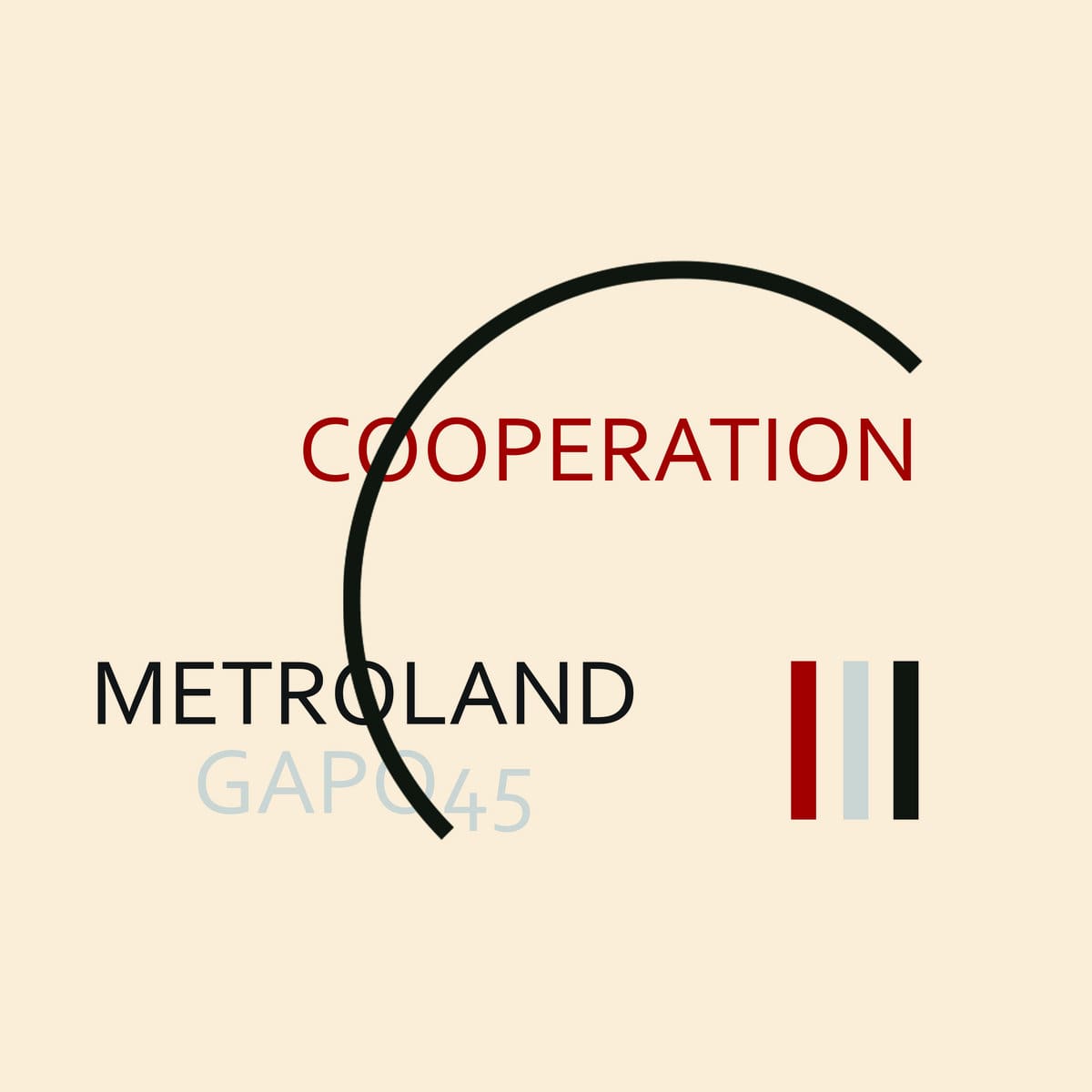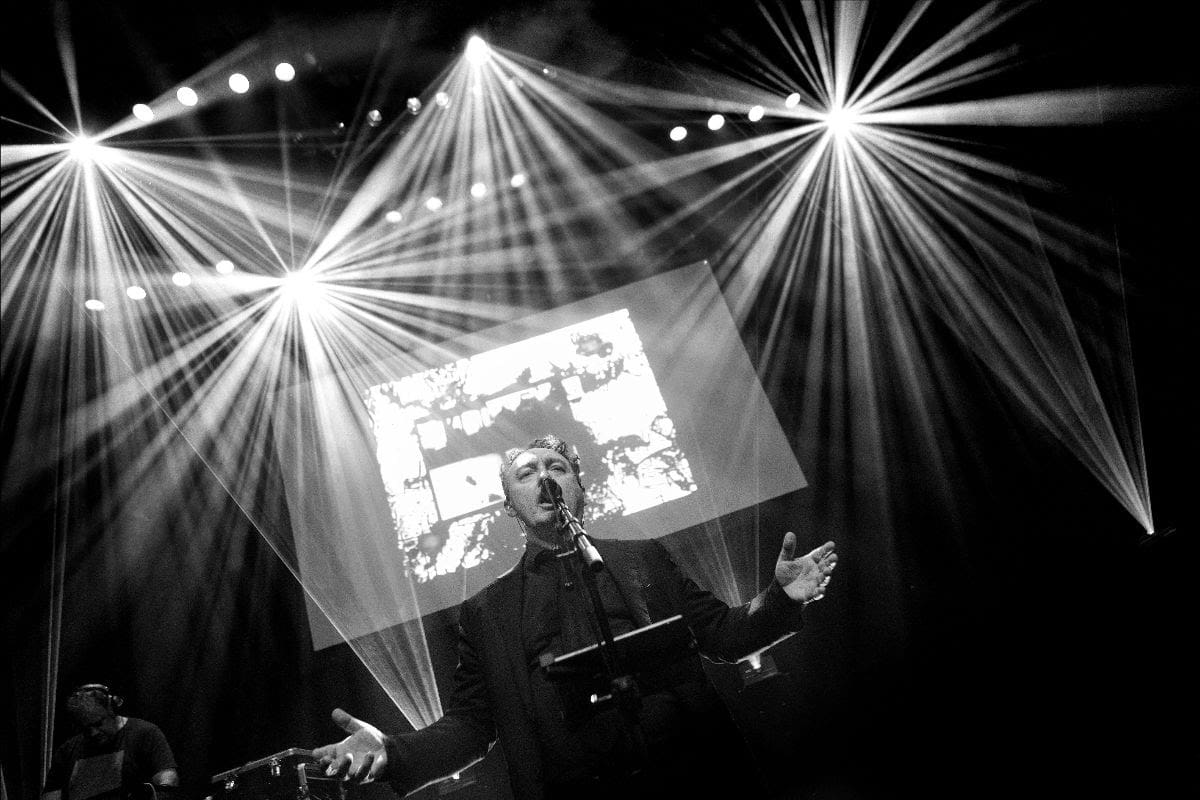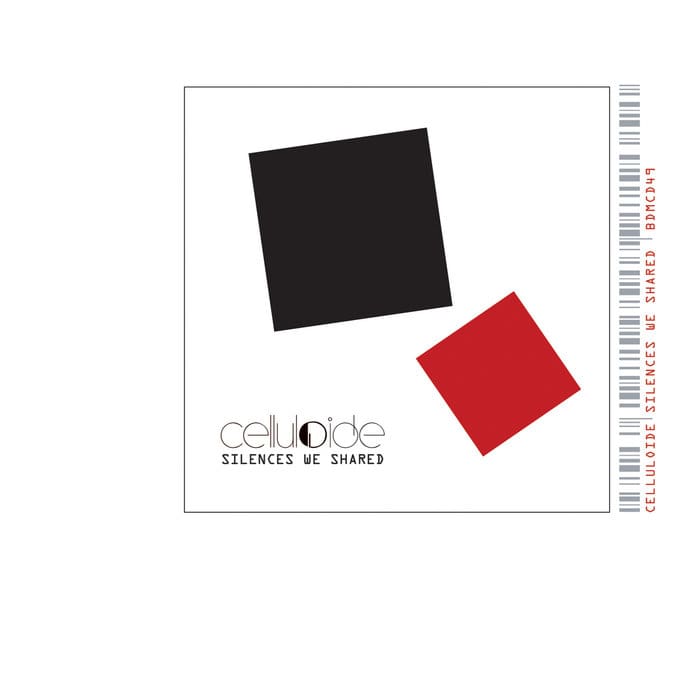‘Click Interview’ with MOYA81: ‘“ESP” Is The Synthesis Of My Life’


MOYA81 is a rather unknown name active at the wider fields of eletro-pop music. Based in Helsinki (Finland), this artist grew up in Santiago Of Chile (Chile) where he got in touch with electronic music. The debut album “ESP”, which rather looks as a mini-album, has been released last year on the Russian label ScentAir Records. The work is not only featuring great songs, but the music is a genius, sonic fusion between different influences; MOYA81 is not just electro-pop music inspired by Kraftwerk, but it still reveals elements of new-beat, Italo-Disco and also reminds me to the famous Frankfurter techno-scene from the 90s. Time now for an introduction!
(Courtesy by Inferno Sound Diaries)
Q: Let’s start with the beginning, how did you get in touch with music and more specifically, electronic music? Tell us a bit more about your first steps in music?
MOYA81: I came from a family of musicians on my mother’s side, and I grew up with a piano at home. Around my teen years I became a cassette collector and at 15 I met a local group of people who were listening to electronic music, which sound-wise was related to Kraftwerk and early EBM. Then the transition was natural. At 17 I was a vinyl record collector and did my first professional club-gig (around the year 1998), which was into acid-house and proto-goa.
Q: You grew up in Santiago Of Chile so tell us a bit more about the electronic scene in the capital and in Chile properly speaking?
MOYA81: The electronic- and experimental music scenes are huge in Chile. We respect people who think by themselves. Back in time while the first electronic- and experimental acts started such as John Cage, we in Chile had a music composer and teacher from the Universidad de Chile, creating something similar. Chile is very rare in terms of art, maybe due to nature, mountains and spectacular landscapes bring an open mind to the people. After the military regime (70s), early ’80s many Chileans who were living abroad due to political problems came back to the land and their kids were growing up in Germany, Belgium, USA, Canada, France and Sweden (normally). Those kids where already over 20 years old while the parents, mainly teachers or intellectuals were connected with the bohemian- and cultural scene of those countries so you can imagine what happened when they come back all together with tons of records. It was MAGIC!
Art and Music took over the country. Freedom was back. Since then we had bands dealing with new-wave, industrial, synth-pop, electro, techno and more styles.
Q: You last year released your official debut album “ESP”, which is more a
kind of mini-album. What kind of work did you want to accomplish and how did
the writing of “ESP” happened?
MOYA81: “ESP” is the synthesis of my life. It is an active meditation. Cybernetic and spiritual, just as we live this reality. As a composer, I want to create music that might contribute to the evolution of the listeners. Poetry/unconventional music computation. There were no difficulties on this creation, it was a continuous flow as the track “Atlantis”.
Q: The songs aren’t only into electro-pop, but still featuring elements of Italo-disco and even new-beat. What can you say about potential sources of inspiration and is there one specific artist and/or music genre, which you consider as an absolute reference?
MOYA81: This project is not looking to have tags as a supermarket product. This music is a manifestation of life experimenting this virtual reality. About influences I can mention Kraftwerk (from Ralf & Florian until the “Electric Cafe”-album), Gary Numan (70s – 80s era), Jean-Michel Jarre and Tangerine Dream (mainly late 70s until ’86). Styles of music? EBM such as Clock DVA. Dharma (“Plastic Doll”) and Klapto (“Mr.Game”) when it comes to Italo-disco. Early new-beat is also a big influence in my life and as a producer.
Q: I noticed you also released on digital format several cover versions from
legendary artists such as Gary Numan, Kraftwerk, Modern Talking, Gloria Gaynor,
Bobby Orlando.. What do you like in the songs you covered? How do you look back
at these songs and what did you try to accentuate in your versions?
MOYA81: I cover tracks that you possibly could call ‘anthems’; tracks that aren’t only good, but that changed the electronic- or dance music culture forever. Gary Numan is a totally underrated artist, he did much more than “The Cars”, he created an aesthetic style that is unique and is used worldwide. Bobby Orlando is a producer who without him, HI-NRG and much of the greatest electro- and disco music would never be created. Kraftwerk needs no further explanation, but Modern Talking, yes. Even if they’re not one of my favorites they incorporated elements from the Italian-, American- and European Dance Music sound to create a perfectly balanced sound. Kick, snares, voices, everything sounded round and perfect in an era where many great tracks sounded terribly bad; Italo-Disco has many examples of this. Modern Talking created an audio standard for
electronic-disco music.
Q: What brings 2020 for Moya81 and especially considering topics such as
live performances, remixes, clips, new songs and new releases?
MOYA81: A new album will be released in 2020; there’ll be a vinyl and digital releases. Great music, very synthetic, super robotic, poetical echoes from the future. I got contacts for live performances in Germany and France, but all the information will be shared at the right time.
Thank you very much for this interview and the support of all the music fans.
Since you’re here …
… we have a small favour to ask. More people are reading Side-Line Magazine than ever but advertising revenues across the media are falling fast. Unlike many news organisations, we haven’t put up a paywall – we want to keep our journalism as open as we can - and we refuse to add annoying advertising. So you can see why we need to ask for your help.
Side-Line’s independent journalism takes a lot of time, money and hard work to produce. But we do it because we want to push the artists we like and who are equally fighting to survive.
If everyone who reads our reporting, who likes it, helps fund it, our future would be much more secure. For as little as 5 US$, you can support Side-Line Magazine – and it only takes a minute. Thank you.
The donations are safely powered by Paypal.










